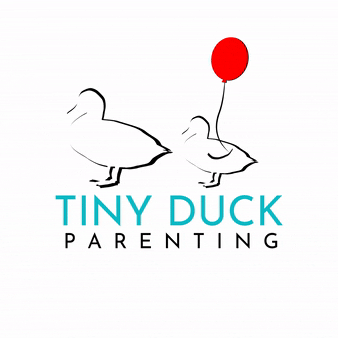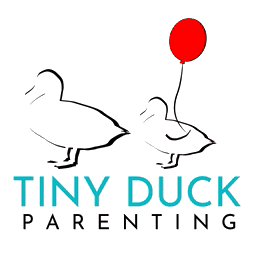Welcome back, Tiny Duck parents! Today, we’re diving into a topic that often leaves even the most seasoned parents scratching their heads – the infamous 2-year-old sleep regression. But hold on, before you start feeling like you’re on the losing side of a bedtime battle, let’s reframe our perspective. It’s not a regression; it’s a sleep change. Yes, you heard it right – a change. In this post, we’ll explore the ins and outs of this developmental milestone and share practical tips on how to sail through it smoothly with effective 2-year-old sleep regression solutions.
Understanding the 2-Year-Old Sleep Change
First things first, let’s debunk the myth of regression. Your little one is not regressing; they’re progressing! At around two years of age, toddlers undergo significant developmental milestones, including newfound independence, language explosion, and cognitive leaps. With all these changes, it’s only natural that their sleep patterns evolve too. When your toddler was an infant, a sleep regression would impact sleep for 2-4 weeks, then as long as you held the course, sleep would go back to normal. As you are very aware, your two-year-old is very different than an infant, and this sleep change typically doesn’t fix itself. But do not fear – your toddler’s sleep can be a dream again soon!
Tip #1: Adjust Room Conditions
Creating the perfect sleep environment is crucial for helping your tiny duck settle into a restful night’s sleep. Evaluate the room temperature, ensuring it’s cool and comfortable. Invest in blackout curtains to keep the room extremely dark during bedtime and morning. A cozy and inviting sleep space, with one stuffed animal and no night light, can make a world of difference in helping your toddler transition into their new sleep routine.
Tip #2: Timing of Bedtime
Timing is everything, especially when it comes to bedtime. Pay attention to your little one’s natural sleep cues, whether it’s during nap time or nighttime, and aim for a consistent bedtime each night. Consistency is key, as it helps regulate your child’s internal clock, making bedtime a predictable and soothing experience. Avoid overtiring your toddler, as an overtired child can become more resistant to sleep. Typically, bedtime between 6:45-7:15 is ideal to prevent early morning waking.
Tip #3: Clear and Predictable Bedtime Routine
Toddlers thrive on routine and predictability, and bedtime is no exception. Regardless of who takes charge of the nightly bedtime routine, maintaining consistency is key. Create a clear and predictable bedtime routine that your tiny duck can look forward to each night. This may include activities such as brushing teeth, reading a book, or engaging in a calming bedtime ritual to ease any separation anxiety. The predictability of the routine signals to your toddler that it’s time to wind down and prepare for a peaceful night’s sleep.
Tip #4: Teaching Independence
Teaching your tiny duck to fall asleep independently is a game-changer. While it’s tempting to rock them to sleep or stay by their side until they doze off, fostering self-soothing skills empowers your toddler to manage sleep transitions. Consider implementing a bedtime routine that includes comforting activities like reading a story or singing a lullaby, allowing your little one to gradually learn the art of drifting off on their own during bedtime battles.
So, dear Tiny Duck parents, fear not the 2-year-old sleep “regression.” Embrace it as a natural step in your toddler’s development, and approach it with the tools and tips mentioned above. By adjusting room conditions, timing bedtime thoughtfully, and fostering independence through potty training, you’ll not only survive the toddler sleep regression but also set the stage for sweet dreams and restful nights. And remember, a clear and predictable bedtime routine is the secret sauce that ties it all together. Wishing you and your tiny duck a good night’s sleep!





